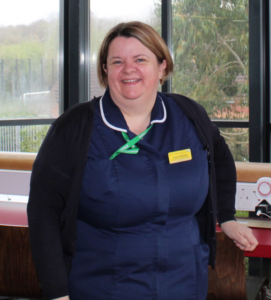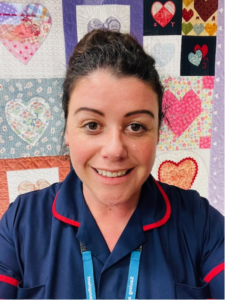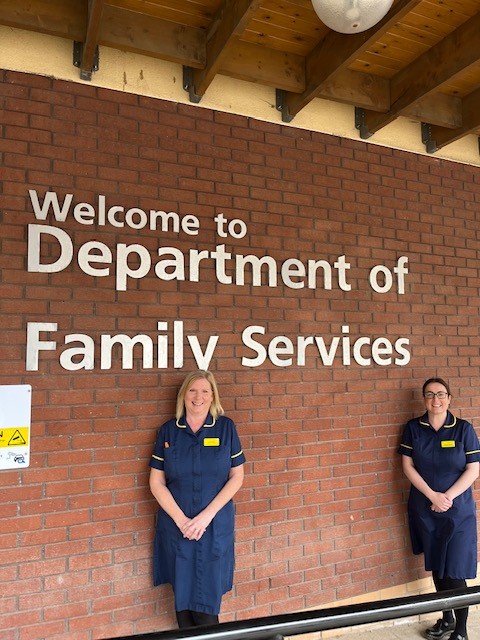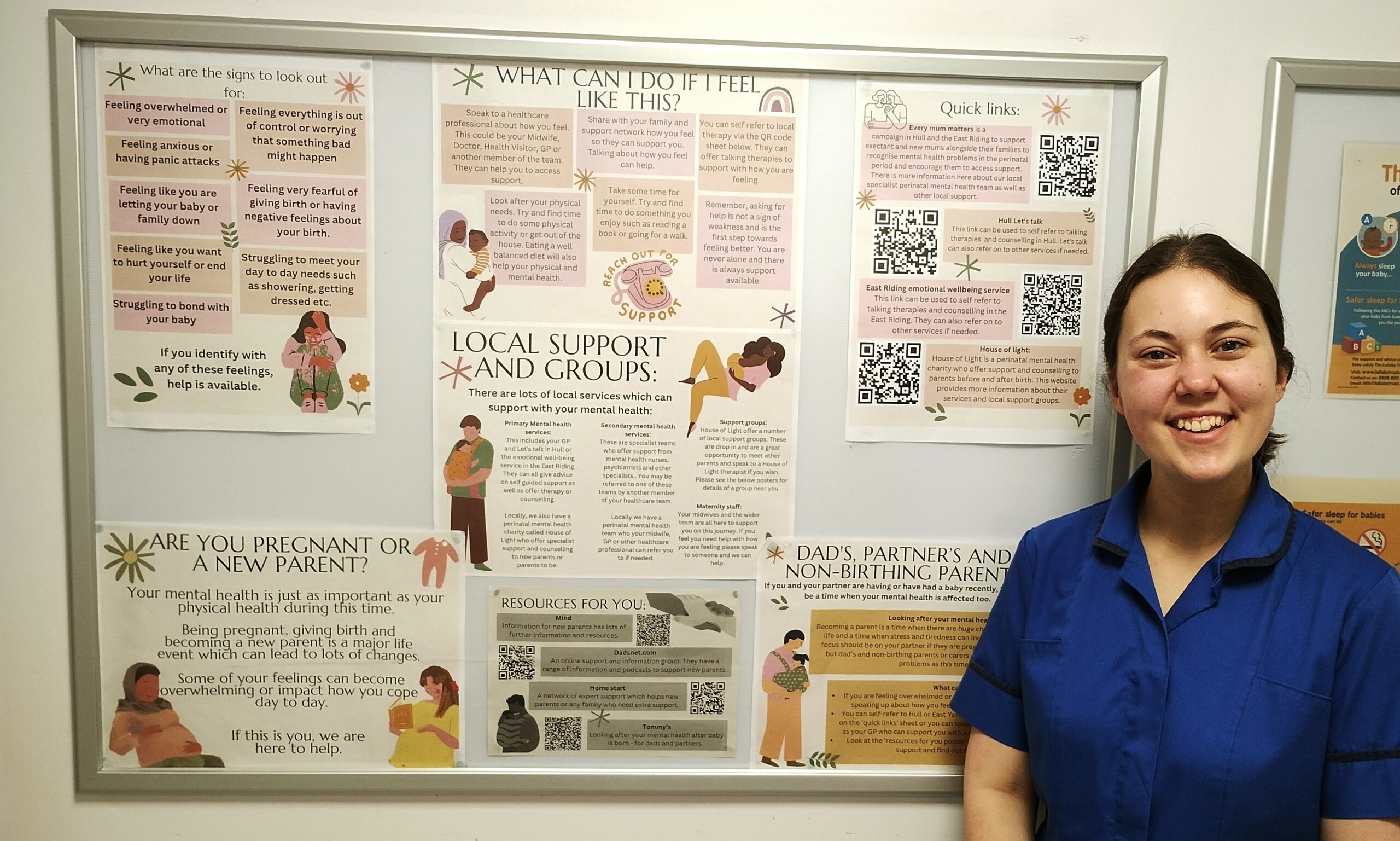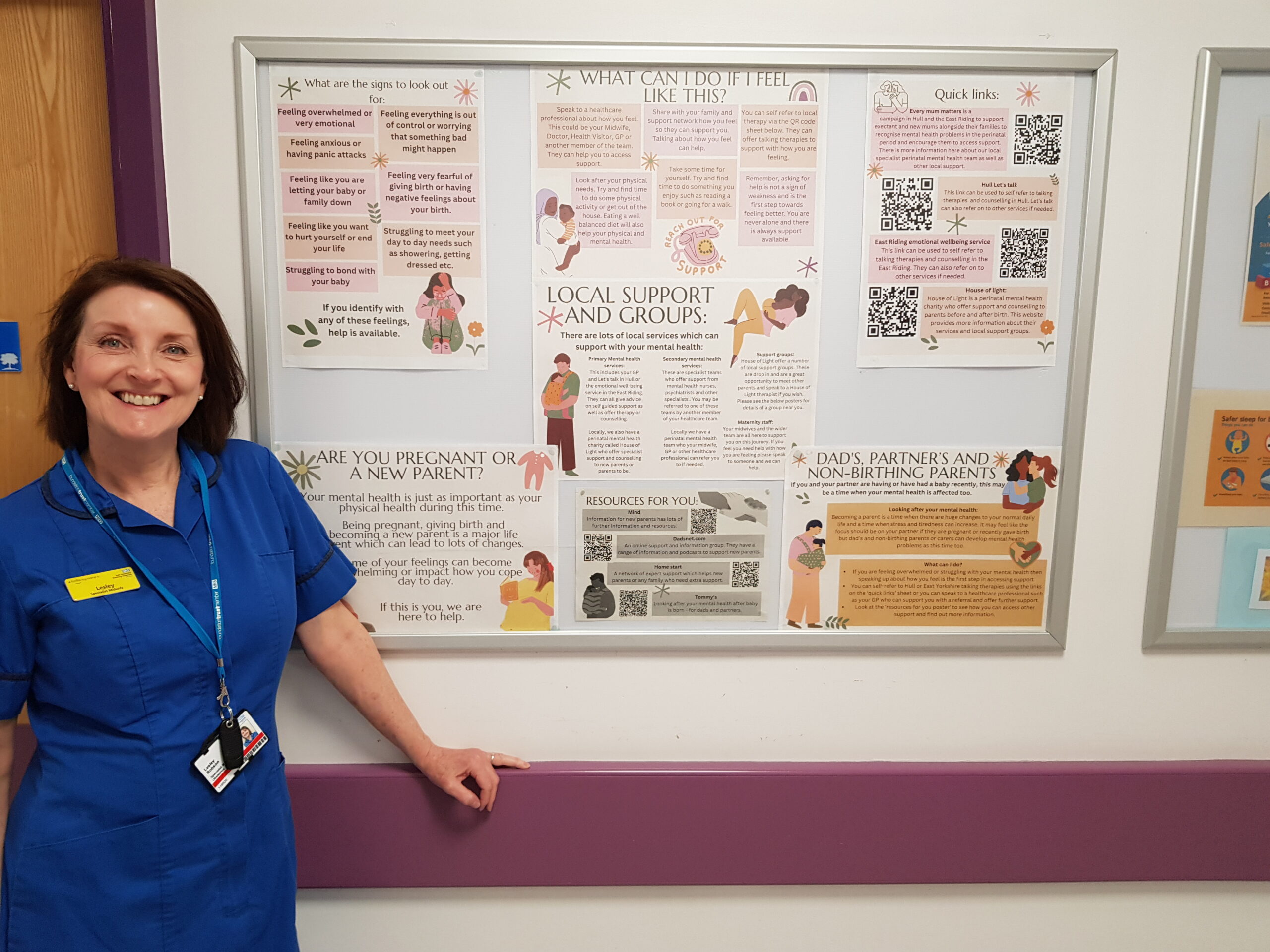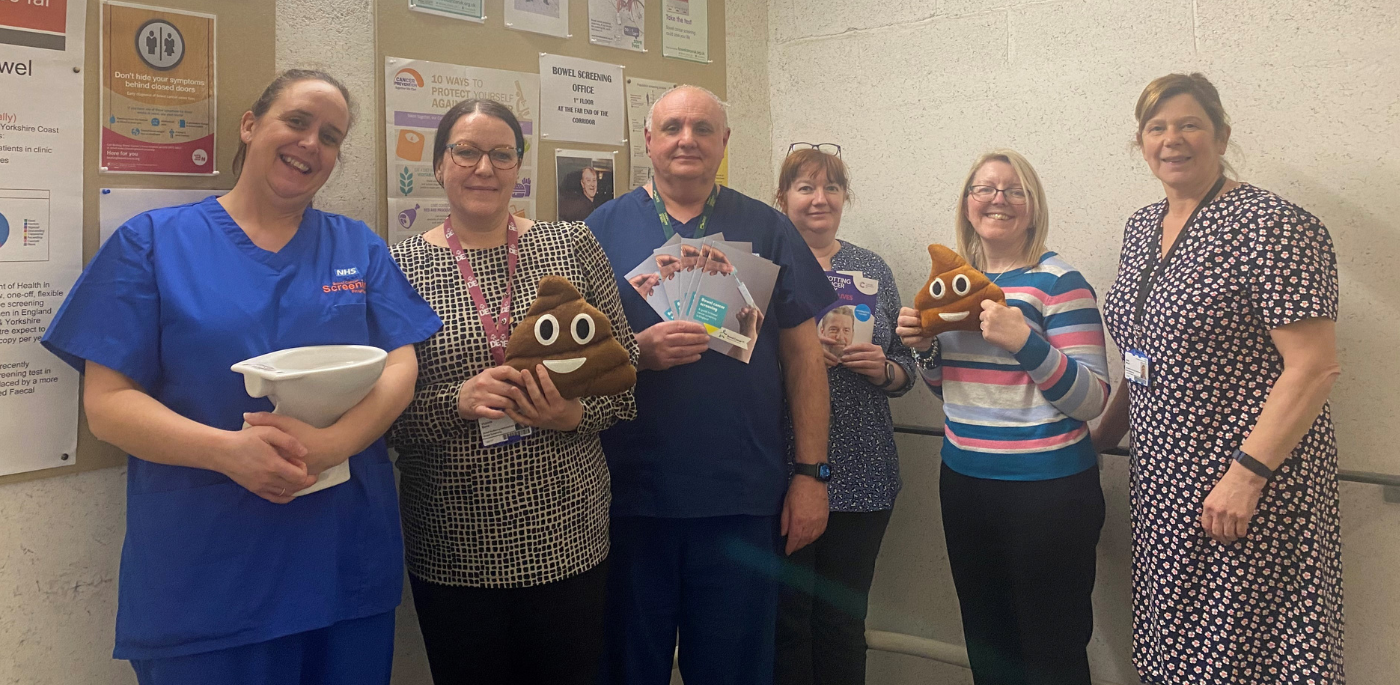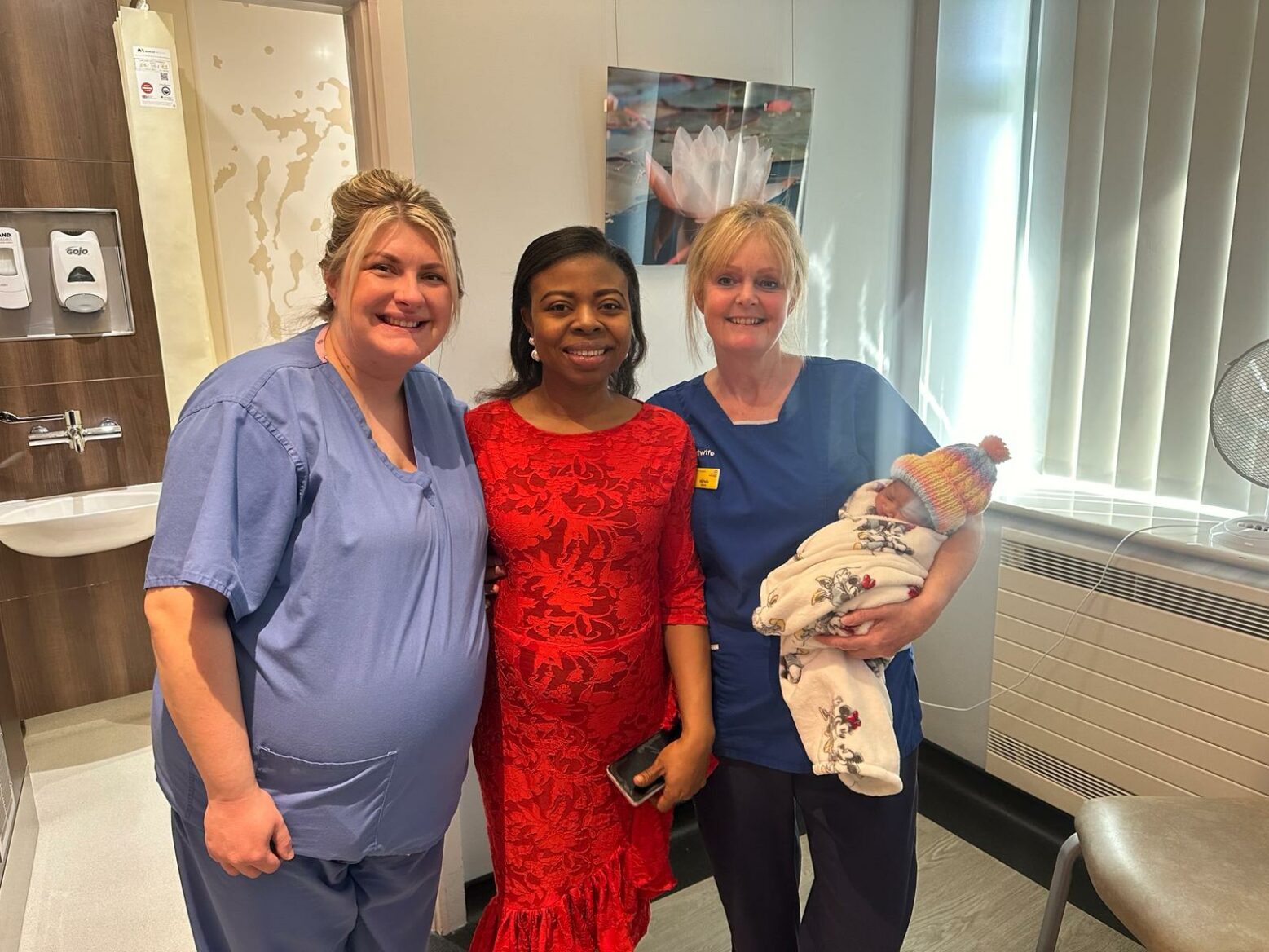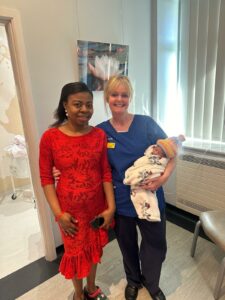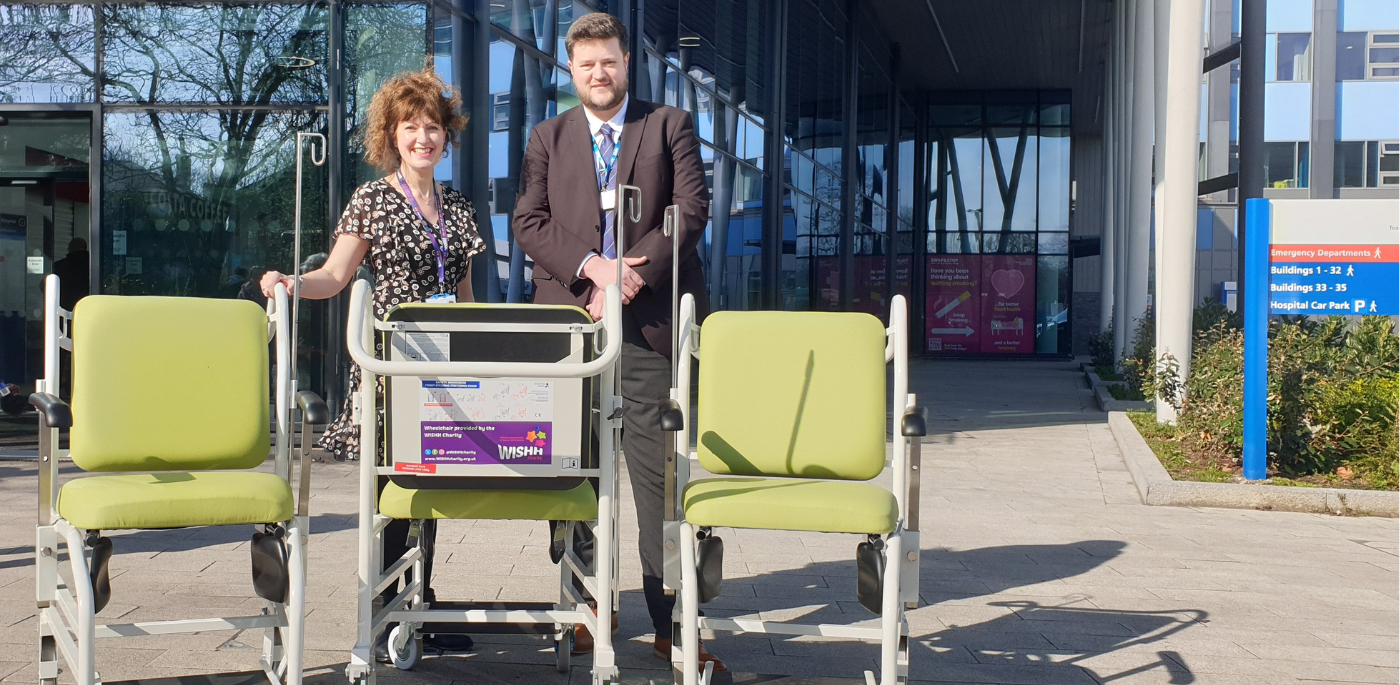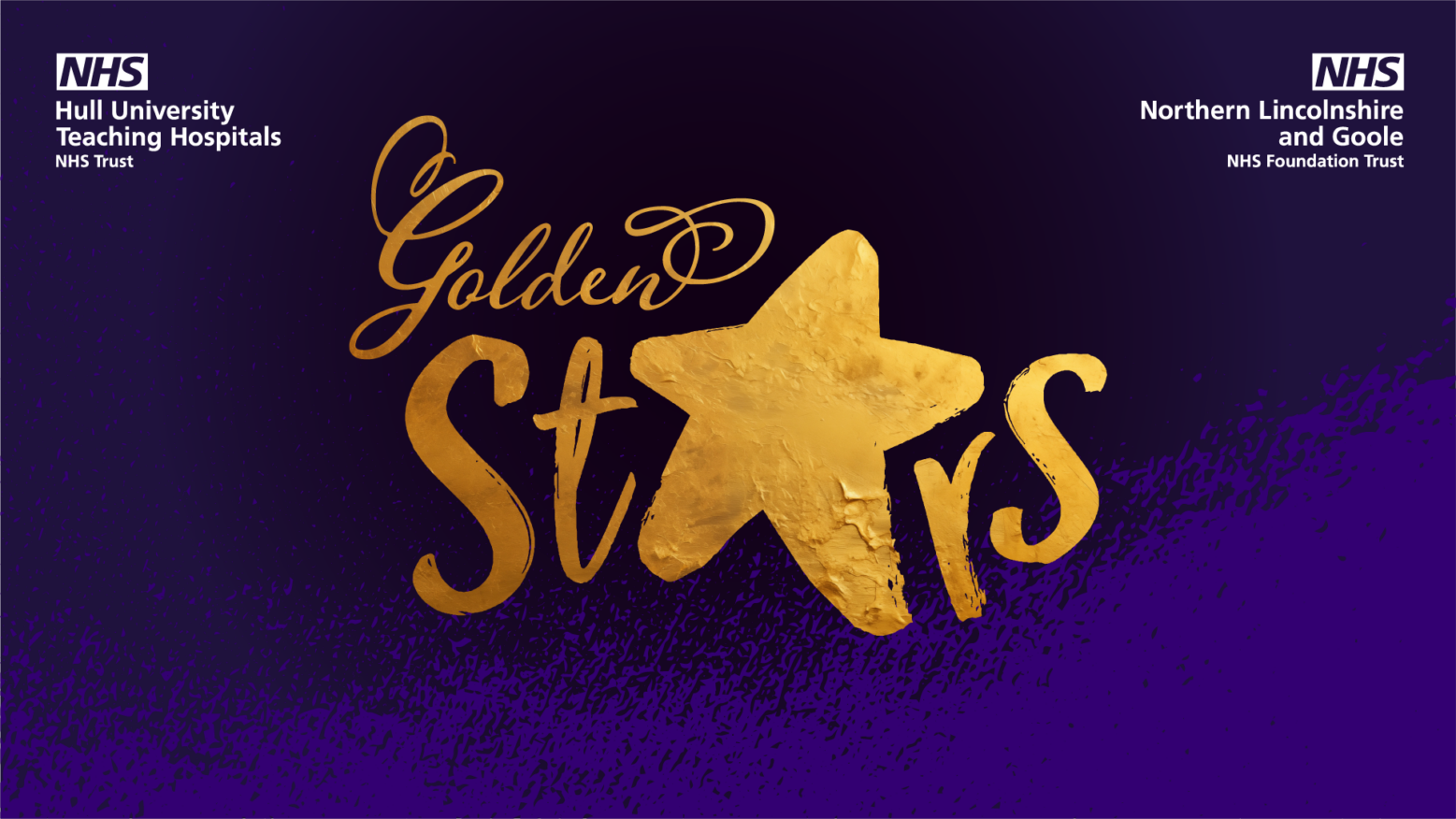Hospital staff in Hull will be taking part in a major incident training exercise this weekend to test their emergency response procedures.
On Saturday 18 May, Hull Royal Infirmary will play host to ‘Livex Virgo’ which will see staff such as emergency department doctors, nurses, porters and managers respond to a simulated chemical incident as if it were real.
Under the Civil Contingencies Act 2004, organisations which are classed as ‘Category 1 responders’, including acute hospital trusts, must test their major incident response plans regularly, and carry out a live exercise at least once every three years.
The exercise will run throughout Saturday morning, during which time patients and visitors to the site may see some unusual activity, as Shaun Stacey, Group Chief Delivery Officer for NHS Humber Health Partnership explains:

Shaun Stacey, Group Chief Delivery Officer
“Livex Virgo will take place at Hull Royal Infirmary throughout the morning of Saturday 18 May, and will see staff across various departments respond to a simulated chemical incident. We can’t share too much information ahead of the event, as it’s vital that those taking part respond as they would in a real life situation, but the whole idea is to test the plans and procedures we have now to see if they work and identify where any changes may need to be made.
“The exercise has been designed with input from emergency department colleagues and medical education staff to make it as real as possible, but it will be carried out in such a way that it should not impact on the delivery of routine services such as outpatient clinics or emergency care. Those visiting the site that morning, however, may notice some unusual activity such as decontamination processes underway or large groups of people moving around but should not be unduly concerned about this.
“The exercise will not affect any routine appointments so if you are booked into a Saturday morning clinic, please attend as usual, and if you need unplanned care, the Urgent Treatment Centre at Hull Royal Infirmary will be open as normal, as will the Emergency Department in cases where there’s a threat to life or limb.”
Exercise volunteers will be positioned at key locations across Hull Royal Infirmary to reassure visitors and ensure any patients arriving on site are able to access their appointments or other form of medical care as normal.

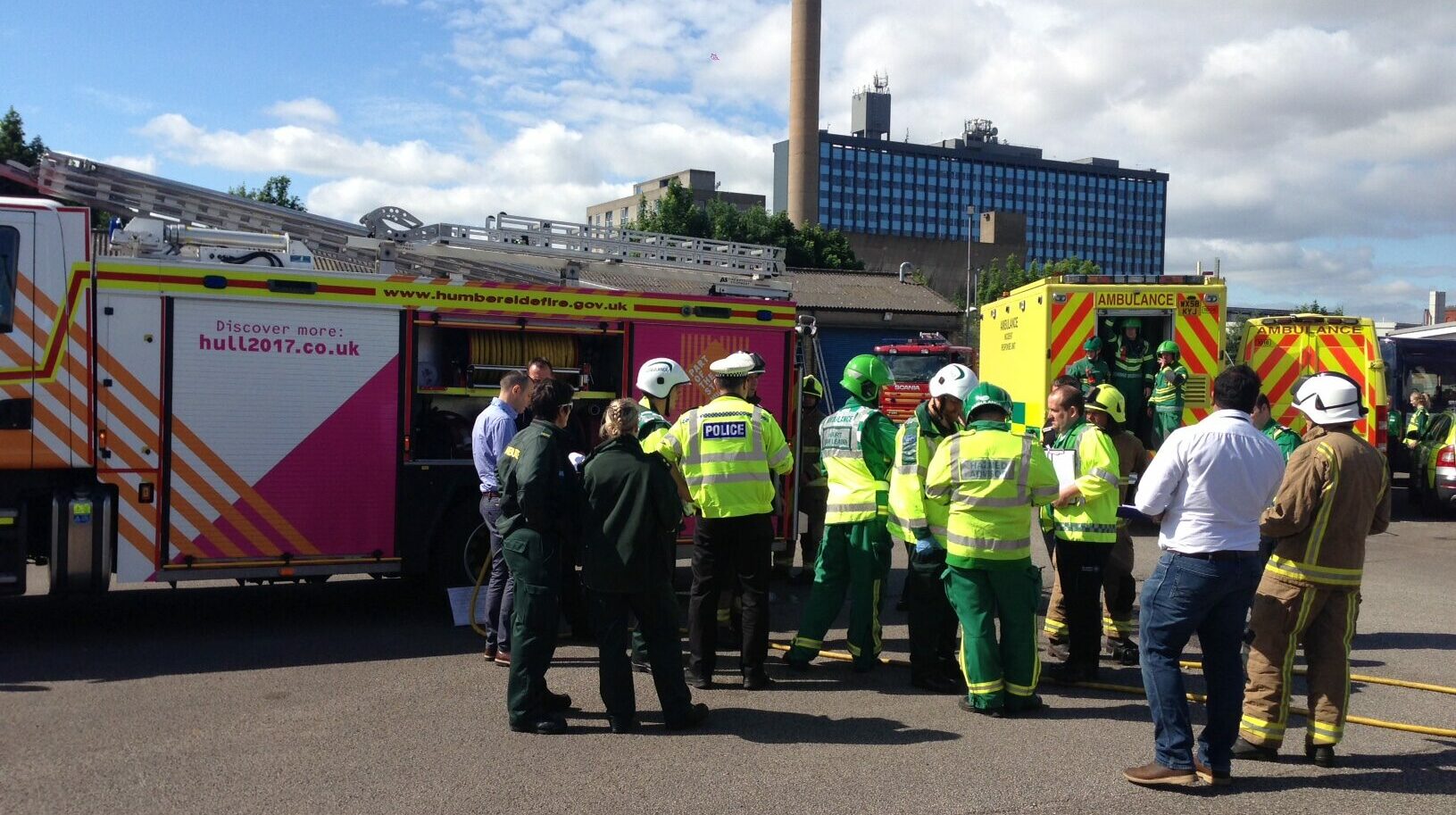

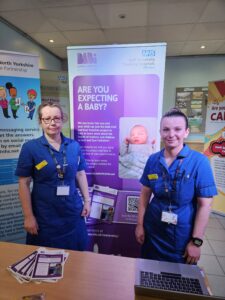




 “When it comes to gut health, as a nation we can’t afford to be embarrassed. Some 10,000 people are dying in the UK from liver disease each year, bowel cancer is the fourth most common cancer and half a million people are already living with IBD. These are not small numbers, so the likelihood is that, even if you’re not affected personally, you’ll know someone who is.
“When it comes to gut health, as a nation we can’t afford to be embarrassed. Some 10,000 people are dying in the UK from liver disease each year, bowel cancer is the fourth most common cancer and half a million people are already living with IBD. These are not small numbers, so the likelihood is that, even if you’re not affected personally, you’ll know someone who is.
